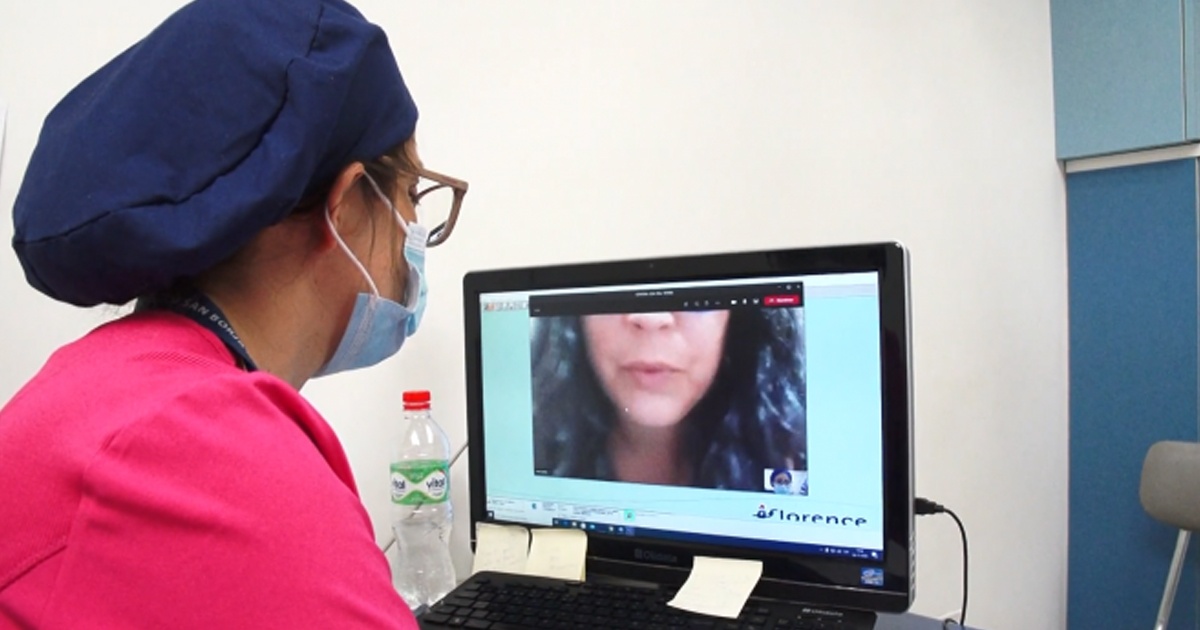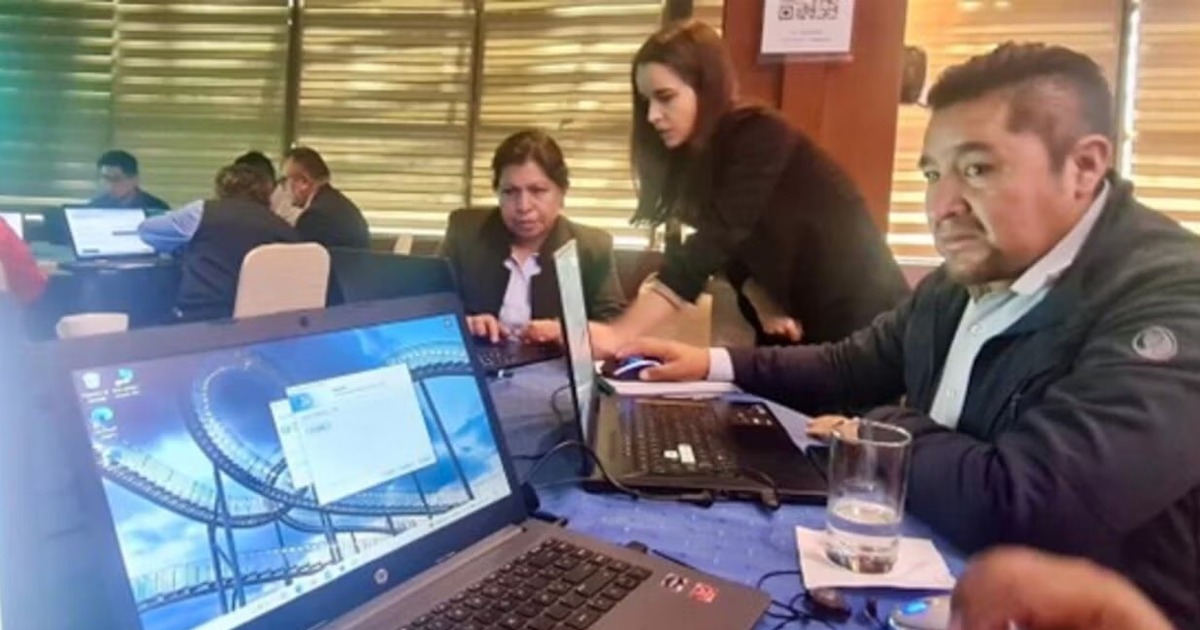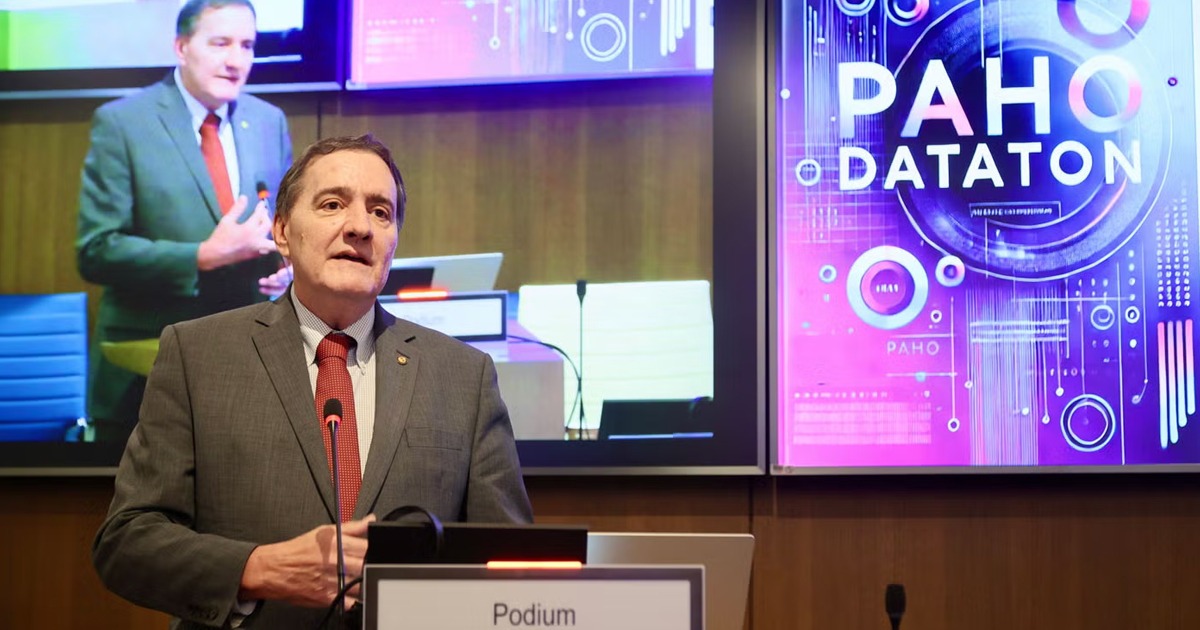The Clinical Hospital San Borja Arriarán, has implemented telemedicine services through a permanent unit that will offer remote care in more than 30 specialties.
The Hospital, located in Chile's Santiago Metropolitan Region, opened the telemedicine unit in November. The unit aims to continue providing medical care during the pandemic to patients who do not require in-person attendance at the health center. Through telemedicine they seek to remotely care for patients who are on the waiting list for their medical appointments. The hospital in the statement reported that the plan is for telemedicine services to be maintained beyond the pandemic situation.
In the face of the pandemic the Hospital San Borja Arriarán, began to provide remote care in May to chronic patients of the gastroenterology service, leaving good results. So, they are now looking to expand these kinds of remote care and assistance services thanks to the new telemedicine unit.
Jorge Wilhelm director of the hospital, explained that “the implementation of this Telemedicine Unit is a benefit for our users, since in this way we can bring medical care to them. The first few months of the pandemic led to the suspension of many attentions and today, our challenge, is to respond to all those who expect specialty care.”

Initially the unit will have specialties in neurosurgery, infantile endocrinology and a palliative oncology unit. However, by the end of January more than 30 specialties are expected to be in use.
Nurse Katherine Vasquez, who serves as coordinator of the Telemedicine Unit, noted that the unit aims to "reduce the access and opportunity to care gaps for our patients. All of this is mainly due to what generated the Covid-19 pandemic." In addition, he emphasized that the population should not lose care by health services even if the pandemic is still ongoing.
The head of the Palliative Care Unit, Maite Uriarte, highlighted the benefits telemedicine services offer to remote locations. “For our work it has been very useful because we have patients who are from the Maipú-Cerrillos pole who have to travel long distances to come to the hospital, many in collective locomotion that in times of pandemic implies greater risk of contagion. Our patients, in addition to being away, many have reduced mobility. This allows the patient from home to be able to care for him, see him and have greater contact.”
SAN BORJA ARRIARAN CLINICAL HOSPITAL
https://hcsba.cl/wp/hcsba-inaugura-unidad-de-telemedicina-para-atender-a-pacientes-de-manera-remota/
BIOBIO CHILE





